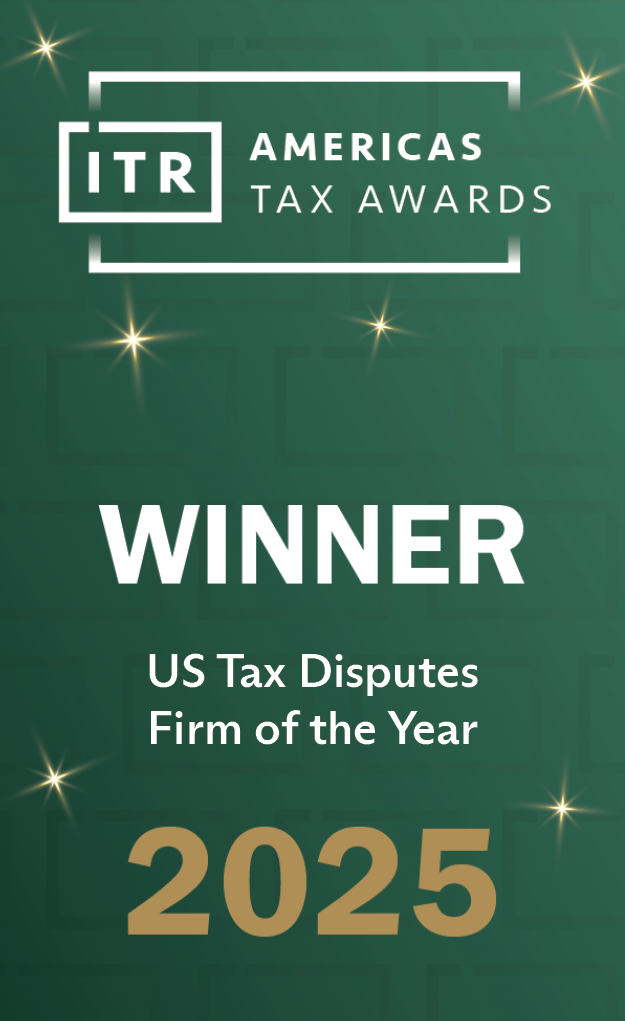A frequently disputed tax issue is the proper treatment of costs incurred by taxpayers and whether they are currently deductible or must be capitalized. Internal Revenue Code (Code) Section 162 generally provides a deduction for ordinary and necessary business expenses paid or incurred during the taxable year in carrying on any trade or business. However, Code Section 263 provides no deduction for any amount paid for permanent improvements made to increase the value of any property. Code Section 263 requires capitalization of, amongst other things, costs paid or incurred to facilitate the acquisition of a trade or business. The capitalization rules of Code Section 263 trump the deductibility rules of Code Section 162.
To provide guidance on this issue, the Internal Revenue Service (IRS) issued the so-called INDOPCO regulations (Treas. Reg. §1.263(a)-4 and -5) several years ago addressing, among other things, cost related to merger transactions. Treas. Reg. §1.263(a)-5(a) provides that a taxpayer must capitalize an amount paid to facilitate certain transactions, including acquisitions of an ownership interest in a business entity if, after the acquisition, the taxpayer and business entity are related within the meaning of Code Section 267(a). Treas. Reg. §1.263(a)-5(b)(1) provides that an amount is paid to facilitate a transaction if the amount is paid in the process of investigating or pursuing the transaction, taking into account all the facts and circumstances. While the fact that an amount would or would not have been paid but for the transaction is relevant, the preamble to the proposed INDOPCO regulations noted that the “facilitate” standard was intended to be narrower in scope than the “but for” standard.
Treas. Reg. §1.263(a)-5 identifies “deal costs” as facilitative costs, specifically amounts paid to service providers who undertake financial, legal, investigatory or administrative activities for the purpose of pursuing a transaction and which are not general operating costs are considered deal costs. However, not all costs incurred because of a transaction are facilitative. Treas. Reg. §1.263(a)-5(b)(1) provides that the purchase price paid and the amount paid for tangible and intangible property is not facilitative. Additionally, the preamble to the proposed INDOPCO regulations provided that costs to downsize a workforce after a corporate merger or integration costs associated with operations of the merged businesses are not facilitative. These costs are arguably “but for” the merger, but are not “facilitative.”
Recently, the IRS issued guidance regarding whether costs of activities undertaken to satisfy a regulatory agency’s conditional approval of a merger were subject to capitalization under Treas. Reg. §1.263(a)-5(a). In Chief Counsel Advice (CCA) 201713010 (March 3, 2017), the taxpayer received regulatory board approval for a merger subject to four conditions. The taxpayer complied with the conditions and incurred associated costs. The IRS noted that the costs at issue appeared to be in the nature of annual operating or investment expenses that were commonly required by regulators or were costs associated with acquiring an intangible.
Practice Point: The IRS’s application of the Code Section 263 regulations in CCA 201713010 reflects a more relaxed application of the INDOPCO regulations. In contrast with the IRS’s analysis under the Code Section 263 regulations and termination fees, which we previously discussed, this more recent application of the regulations may be advantageous to taxpayers with ordinary versus capital issues.







